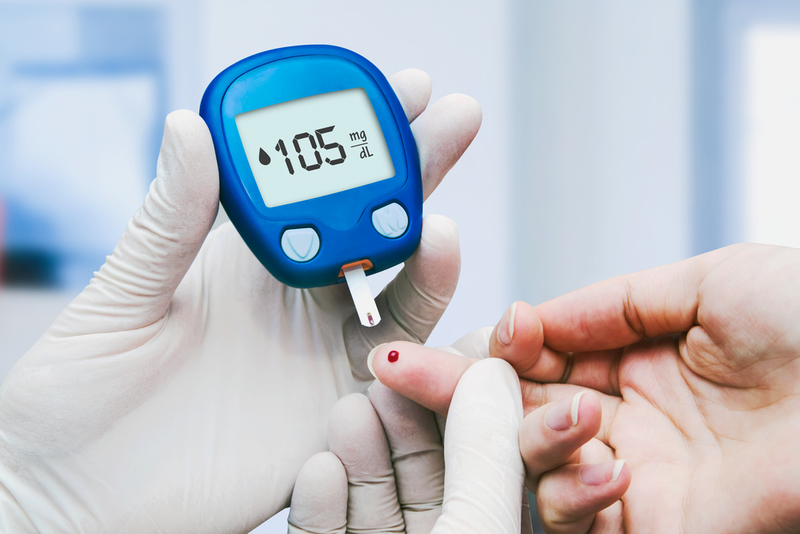Glucose not responsible for inflammation in type 2 diabetes: Study
ANI Aug 23, 2019
To date, the underlying causes of inflammation in obesity and type 2 diabetes mellitus (T2DM) have been poorly understood, but a new research seems to have made a breakthrough by finding that that changes to mitochondria--the powerhouse of cells--drive chronic inflammation from cells exposed to certain types of fats, shattering the prevailing assumption that glucose was the culprit.

According to the study published in the journal, 'Cell Metabolism' chronic inflammation fuels many of the devastating complications of type 2 diabetes, including cardiovascular, kidney, periodontal diseases, and is thus one of the key targets for therapy development. This new data may enlighten the conversation about tight glycemic control as the dominant treatment goal for people with diabetes.
The research was recently published in Cell Metabolism by a team led by Barbara Nikolajczyk (UK Barnstable Brown Diabetes Center, Department of Pharmacology and Nutritional Sciences) and Douglas Lauffenberger (MIT Department of Biological Engineering). Research led by Barbara Nikolajczyk and Douglas Lauffenberger didn't set out to disprove the glucose-inflammation causation theory.
Based on the importance of glycolysis--a 10-reaction sequence that produces energy--in other types of inflammation, the team hypothesised those immune cells from patients with type 2 diabetes would produce energy by burning glucose. "We were wrong," Nikolajczyk said. "We exclusively used immune cells from human subjects for all of the work," Nikolajczyk explained, noting that humans, but not animal models of type 2 diabetes, have the specific pro-inflammatory T cell profile her team had identified in earlier research.
The team was surprised to find that glycolysis wasn't driving chronic inflammation. Instead, a combination of defects in mitochondria and elevated fat derivatives were responsible. Nikolajczyk said she sees applications for this research in both basic and clinical sciences. She hopes to precisely define pro-inflammatory lipid types and explore associations between circulating and/or tissue-associated lipids and insulin resistance, one key feature of Type 2 diabetes.
She is also interested in contributing to the development of new analytical approaches, spearheaded by Dr. Lauffenburger's team, that leverage ongoing lipid-related findings into a new understanding of pathology in type 2 diabetes. "Aggressive blood glucose control to lower the risk of diabetic complications has been the goal for most people with Type 2 Diabetes for decades. Our data provide an explanation for why people with tight glucose control can nonetheless have disease progression," Nikolajczyk said.
-
Exclusive Write-ups & Webinars by KOLs
-
Daily Quiz by specialty
-
Paid Market Research Surveys
-
Case discussions, News & Journals' summaries